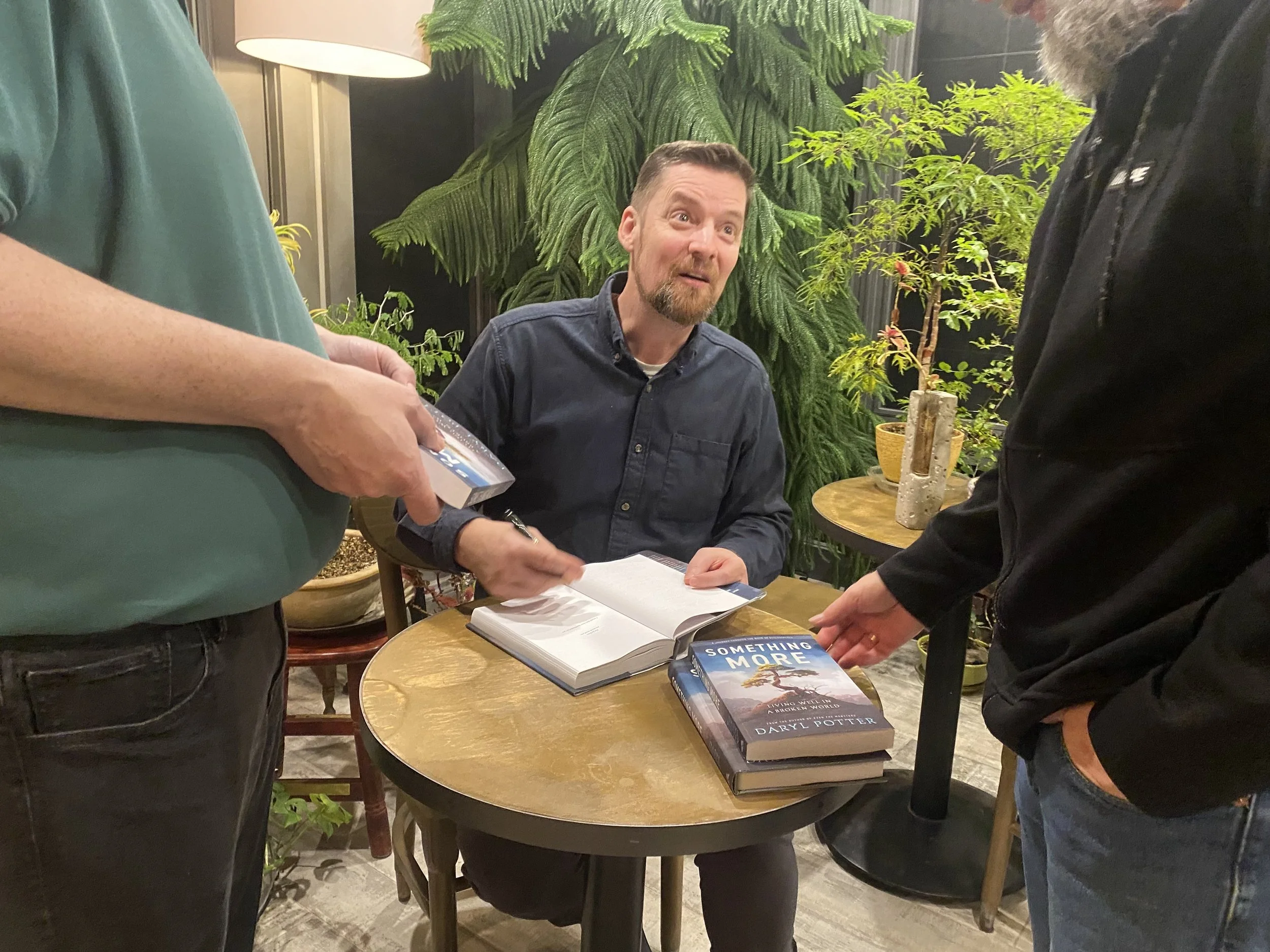"What do you want to be when you grow up?"
I knew I wanted to be a writer when I was ten years old. Growing up homeschooled in a rural community, in an era before the internet, and without even a television in the house, I used to travel 10 miles by bicycle to the nearest library where I started with authors whose last names began with A and worked my way to Z. When I needed a break from books, I read the library's magazines—everything from Life, Time, and Newsweek, to Field and Stream, Car and Driver, GQ, and Cosmopolitan. I did not distinguish between Tolkien's Lord of the Rings, William L. Shirer's Rise and Fall of the Third Reich, the latest trends in Parisian wallpaper design, or a Scientific American article on string theory. It was all an exploration and education for a young boy trying to discover the world.
Beyond just discovering the world, I gradually realized on these quests that writers are magical. They shape how we understand history, the present day, and ourselves. They do so through the power of story. Parisian wallpaper should have been dead-boring to a pre-teen boy, but the article I stumbled onto made the backstory, the creative vision story, the manufacturing story, and the sales story intriguing.
Story—be it fiction or non-fiction—has the power to transport the reader to another time, live another life, experience someone else's emotions, and even invent realities beyond what we know today.
With my historical fiction trilogy, I tell the story of Israel freeing itself from the Greek Empire (Keziah's Song), but at the expense of some of its own citizens. Then, I tell the story of the resulting multi-generational Jewish civil war (Blind Man's Labyrinth). The concluding novel (Bitter for Sweet) tells of an Arabian woman (Herod the Great's mother) who helped architect the Roman conquest of Israel. That conquest saved Israel from itself and paved the way for Herod and Jesus. It's a fascinating series of interconnected stories that few who read the Gospels know, even though they are essential background material.
My non-fiction trilogy is still in progress. The first is Even the Monsters: Living with Grief, Loss, and Depression, which explores a unique blending of memoir with commentary on the Book of Job. The focus here is on how to deal with unjust suffering. The second in the series is Something More: Living Well in a Broken World, which combines memoir with the Book of Ecclesiastes, the Bible's "meaning of life" book. The third in this trilogy of living-life books will cover the topics of sex and romance, focused on Song of Songs.
What comes next? The Orangery will be my first foray into the Magical Realism side of Speculative Fiction. The target publication date for that work is sometime in 2026.
The common thread among these varied publications is the desire to recreate, update, and expand the magic I encountered among those northern California library stacks so many decades ago. The Bible has a backstory, and I want to bring that story to life and give it the breath, emotion, and movement that academic histories avoid by design. Likewise, subconscious stories shape how we live our day-to-day lives today—my journey into Magic Realism will allow me to expose those truths through fiction soon!
Stories can show you the world and expose you to magic because we are story creatures. Stories shape us in unexpected and sometimes subconscious ways. I urge you to pick good stories regardless of whether you read mine or pursue another author's work. Some will become tools to help you tell your own story, interpret reality, articulate a feeling, or serve as a handle to hold on to slippery ideas. And the ones you think you forget may be the most impactful of all. It could be they continue to inform your thinking without your awareness. Magic can run fair or foul. The same holds true for stories. Understanding that truth has made me passionate about stories since my pre-teen years. I only want to tell good stories. I hope you enjoy them and they stick with you long after you've put them down.




